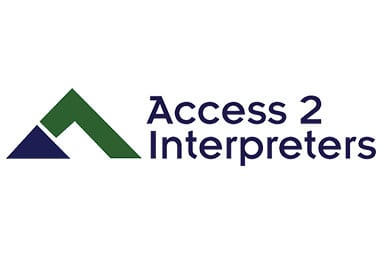The 5 Hardest Languages to Learn
What are the hardest languages to learn? That depends entirely on what your native language is. Many of the world’s languages closely resemble one another – for example, French, Italian, and Spanish are all quite similar in their vocabulary and grammar.
So a French-speaking person might have easier time learning Italian and Spanish, but not Chinese and Japanese. A Korean-speaking person on the other hand, will find Japanese quite easy, but will have his butt kicked when learning English.
This is why it’s hard to objectively define the hardest languages to learn. But assuming you’re most fluent in English, here are some languages you might have difficulties with.
- Arabic
Where do you even start with Arabic? It’s hard to get past the writing, as it looks nothing like the alphabet. Written Arabic also has fewer vowels, making your reading experience a bit funky.
- Japanese
While Korean and Japanese are ridiculously similar grammatically, English speakers will inevitably have a hard time learning the three writing systems: hiragana, katakana, and kanji.
- Korean
Korean writing system, hangul, is actually quite easy. Anyone can learn to read it in a day with reasonable effort. Having said that, Korean sentence structure, verb conjugations, and pesky particles that have no equivalent in English will make you want to vomit.
- Chinese
You need to know about 1000 to 3500 Chinese characters to understand what you read, but that’s not the biggest issue. Chinese is a tonal language, where meaning changes as you change the tone of a word.
- Vietnamese
Vietnamese has six tones and all are denoted by several marks, ranging from a hook, a tilde, a dot below the word, etc.
Some runner-ups include Hungarian, Finnish, Estonian, Thai, and Mongolian. Native English speakers tend to have a harder time with these languages.
Learning a new language is an extremely tough task. There are many settings where a professionally trained translator or interpreter is needed. Luckily, Access 2 Interpreters provides top notch interpretation and translation services to help ease the language barrier.
Source: http://www.effectivelanguagelearning.com/language-guide/language-difficulty


